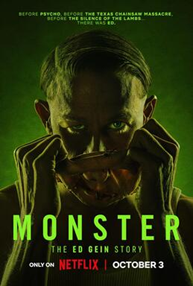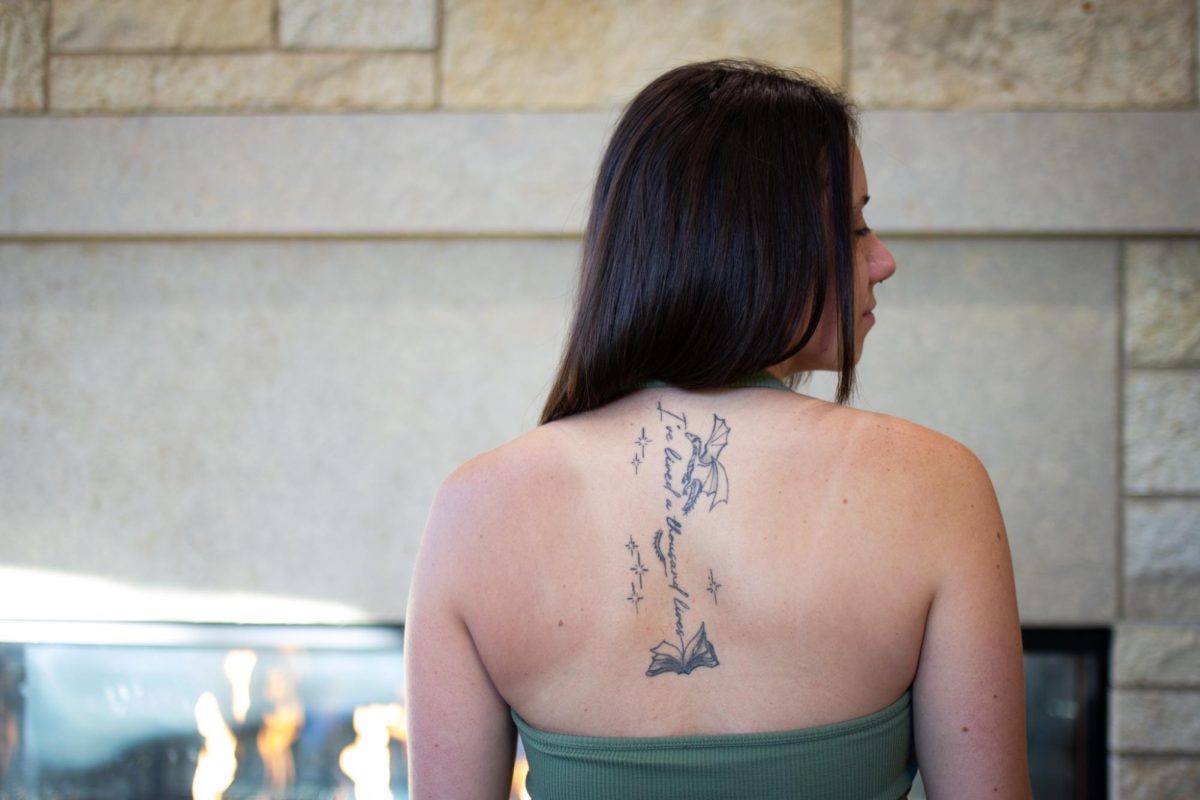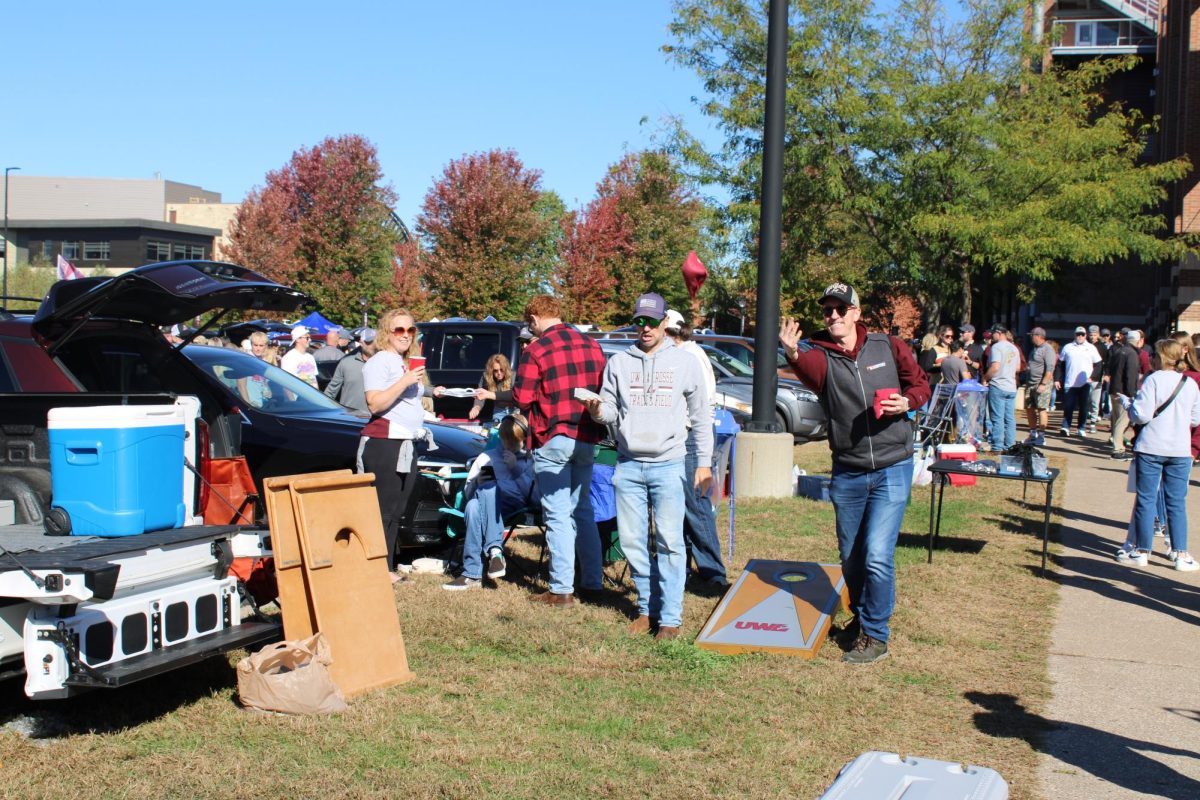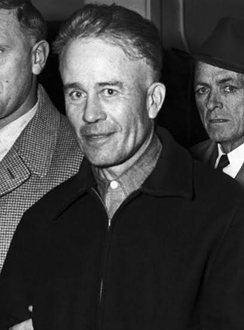
Netflix’s latest biographical crime drama, “MONSTER: The Ed Gein Story”, premiered on Oct. 3, 2025, drawing audiences into the chilling life of Ed Gein, the infamous Wisconsin murderer and grave robber whose crimes shocked the nation in the 1950s. The series revisits the case that not only horrified the public but also left an ingrained mark on pop culture and the field of criminal psychology.
Charlie Hunnam stars as Gein, leading a cast that includes Laurie Metcalf, Tom Hollander, Olivia Williams, Suzanna Son, Leslie Manville and Addison Rae. Rae plays Evelyn Hartley, the missing La Crosse teenager whose 1953 disappearance remains unsolved. While Gein was never formally linked to her case, speculation about his involvement has persisted for decades.
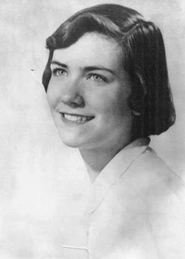
The official synopsis of the series sets the tone: “Serial killer. Grave robber. Psycho. In the frozen fields of 1950s rural Wisconsin, a friendly, mild-mannered recluse named Eddie Gein lived quietly on a decaying farm hiding a house of horrors so gruesome it would redefine the American nightmare.”
Born on Aug. 27, 1906, in La Crosse, Wisconsin, Gein spent the first eight years of his life in the city. His childhood was troubled by an abusive alcoholic father, George Gein, and a controlling, fanatically religious mother, Augusta Gein.
While in La Crosse, his mother Augusta owned and operated two grocery stores. The first store was on 1032 Charles Street, which is now a private residence, and later moved locations to 914 Caledonia Street, which burned down in 1982.
Seeking to shield her family from what she considered the sinful corruption of city life, in 1914 Augusta relocated the family to a remote 195-acre farm in Plainfield, Wisconsin.
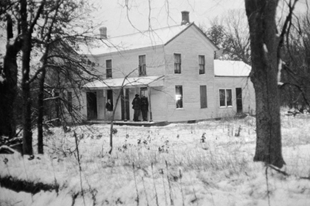
Gein’s early life in Plainfield was marked by isolation. He attended a small one-room schoolhouse with just a dozen students. However, in 1920 at the age of 14, Gein dropped out of school after his eighth-grade graduation and took on various jobs to support the family. Oddly, he was often employed as a babysitter, and was known in town as dependable, quiet, polite and seemingly harmless.
In 1940, Gein’s father George died at age 66 of pneumonic fluid on the lungs. His brother, Henry, died in 1944 while fighting a fire near their home. Some investigators have speculated that Gein killed his brother, but this assertion has not been proven. Following his father and brother, Gein’s mother Augusta died in 1945.
The loss of Augusta, with whom Gein had an extreme emotional attachment, proved to be the tipping point. Gein’s mental state deteriorated, leading him into a series of gruesome crimes.
Eighteen months after her death, Gein began frequently visiting her grave, and eventually dug up her body. Between 1947 and 1951, he made frequent nocturnal visits to as many as 40 local cemeteries, often leaving empty-handed. However, on at least nine occasions Gein raided the graves of newly buried middle-aged women that he believed resembled his mother, digging up their coffins and stealing their remains.
After Gein exhumed these bodies from their graves he then took these remains back to his farmhouse and used them to create grotesque household items, including furniture, bowls made of human skulls and clothing made from human skin.
His obsession escalated beyond grave robbing. Gein was also convicted of at least two proven murders, Mary Hogan and Bernice Worden. In 1954, tavern owner Mary Hogan disappeared, and in 1957, local hardware store owner Bernice Worden went missing.
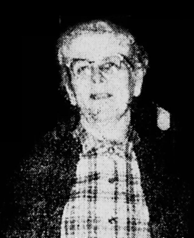
When police traced Worden’s last known interaction to Gein, they searched his property and uncovered a scene of unimaginable horror. Worden’s mutilated body was found in a shed, and upon further investigation inside the farmhouse, authorities discovered preserved remains from at least fifteen different women.
Gein was arrested and deemed mentally unfit to stand trial. In 1958, he was committed to the Central State Hospital for the Criminally Insane in Waupun. A decade later, he was declared competent and stood trial.
At trial, he was found not guilty by reason of insanity and spent the rest of his life in psychiatric institutions, most notably the Mendota Mental Health Institute in Madison where he died of respiratory failure on July 26, 1984, at the age of 77.
His crimes ignited a media frenzy surrounding the case. Reporters from around the globe came to Plainfield to document the case. His twisted story soon seeped into Hollywood, influencing some of the most iconic characters in horror cinema.
Elements of his story have appeared in films such as “Psycho” (1960), “The Texas Chainsaw Massacre” (1974), “The Silence of the Lambs” (1991), “Deranged” (1974) and most recently in “MONSTER: The Ed Gein Story” (2025).
Although Gein is often remembered for his life in Plainfield, his roots in La Crosse remain unsettlingly relevant. His childhood home, his mother’s grocery stores and the unanswered mystery of Evelyn Hartley, continues to cast a long shadow.

